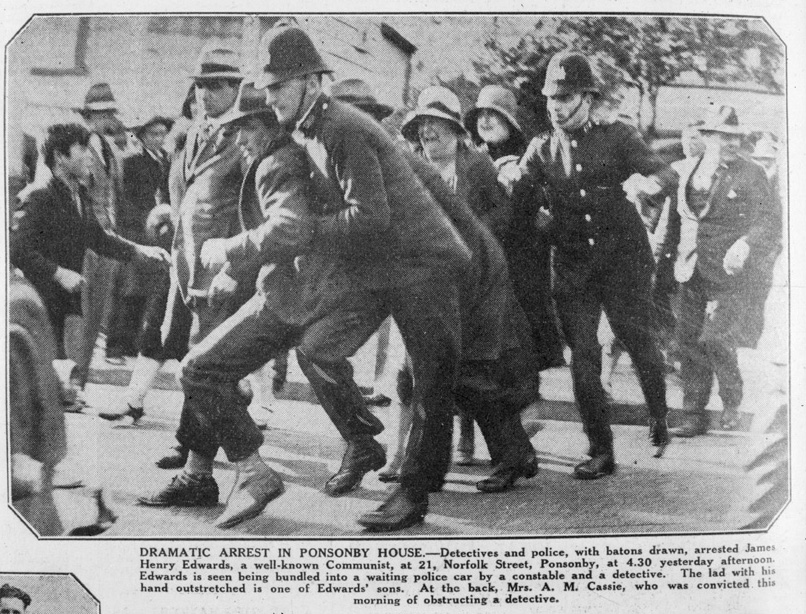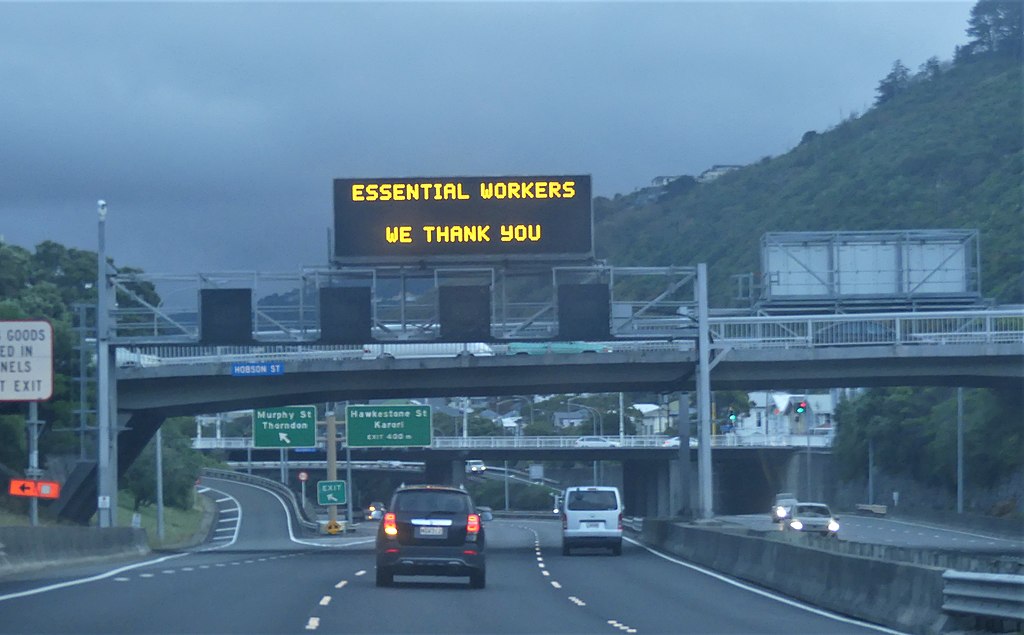On 13 April 2023 the Minister for Local Government, Kieran McAnulty, announced changes to the “water services reforms.” The main change is that instead of four water service entities running the country’s water services there will be ten. The timetable for the entities taking over from local councils has been pushed back from July 2024 to up to July 2026. The government says that it will legislate for these changes before the general election.
Under the Three Waters scheme ownership and control of water services are taken away from 67 local councils. Instead a local council will have an ownership share in their regional water entity on the basis of one share per 50,000 inhabitants. Under the change from four to ten entities each council will now have a representative on the oversight group for the regional entity. There will be a matching number of iwi/mana whenua representatives as council representatives on the regional oversight body. As the government puts it, there will be oversight of the entities “while giving them financial and operational independence they need to get on with the job.” In other words limited oversight.
Real power in the regional entity will reside in “a professional board, with members appointed for their competencies and skills.” Another powerful institution will be the Commerce Commission that will regulate the new water services sector, and specifically a Water Services Commissioner, appointed by the relevant Minister. The government says “There is no requirement for co-governance at the board level.” In theory the oversight bodies will not be completely powerless as they will appoint the board and supposedly set and monitor its strategic direction and performance. However, it is in the nature of such structures that the oversight body, being a group of individual representatives, with no professional staff support, and dependent on reports prepared by the board, will in reality have no meaningful control of the board.
The government’s change in plans for ten water services entities instead of four is slightly more democratic as every council would be guaranteed a seat on a regional oversight group and there would be more iwi able to be represented. However, considered overall, this Labour government project is thoroughly undemocratic and neoliberal-inspired. It deserves to be critiqued from the left. Unfortunately, opposition to Three Waters so far has been monopolised by the right, who have been gifted the opportunity to hypocritically parade as defenders of democracy.
Socialists experienced in politics in the neoliberal period ought to be alarmed at the word entity. They should understand that a “professional board” will be dominated by capitalistic management types. In this case, if the plans go through, vital water services will be taken out of local democratic control. These plans mark another stage along the road of cutbacks, outsourcing and constraints put on local government.
Labour has tried to sell the public its Three Waters programme in three ways. Firstly, by over-egging the difficulties local councils face in investing in water services infrastructure. Secondly, promising extravagant savings in water costs. Thirdly, claiming that the new water service entities can be protected from privatisation.
Labour and the Greens have had to back down on entrenching the public ownership model of the water services entities. It is a fundamental of parliamentary democracy that an existing parliament cannot bind a future parliament. There is no constitutional block to prevent a future right-wing government from privatising the water entities.
Compared to Parliament, local government processes provide some opportunity for working-class communities to exert pressure on their elected representatives. As shown by successful Living Wage campaigns, it is possible to utilise the processes provided by councils for public input. It’s possible to campaign and get commitments from candidates running for Council.
The Three Waters proposals take services out of democratic control. Instead, we are offered spurious oversight groups that do not provide any real route for local people to influence how water services are delivered. Three Waters is not co-governance, it is co-marginalisation.
Under the government’s proposals households will pay the entity – a regional water service company – for water services instead of paying the council through the rates. The charges levied on households by the water company will have to at least cover its costs. These costs will be those of borrowing in capital markets and, in the main, paying private companies to undertake the physical works (in Auckland/Northland Watercare Ltd will probably remain as a council-controlled organisation). Unlike income tax and rates, water charges will be a flat rate, possibly metered, regardless of income or property value. Ultimately, we will be paying profits to capitalist lenders and to capitalist shareholders in companies such as Downers.
The government claims economy of scale advantages for its scheme. The lessons of the Wellington Region are salutary. In 2004 the economy argument was made for Wellington City and Hutt City to give up direct control of water services and form a council-controlled organisation called Capacity Ltd. In 2013 Capacity was re-formed with the addition of Porirua and Upper Hutt councils. Finally, in 2014 Wellington Water Ltd took over from Capacity with the addition of South Wairarapa and the Greater Wellington Regional Council. At each stage councillor control over the entity was weakened. What a disaster these steps have proven to be! Wellington Water has become notorious for its ineffectiveness and for regular stormwater and wastewater failures. In its annual report for 2020-2021 Wellington Water admitted “After a year of steadily increasing failures of our water networks and a growing backlog of repairs, dissatisfaction within the community and increased attention from the media was really to be expected.”
The government’s doom and gloom about the state of local council water services may be exaggerated to help get their plans accepted, but it can be agreed that ongoing expensive water infrastructure work needs to be done in many areas, and, moreover, be done by environment-friendly means.
A socialist policy to provide for water services cheaply for households would be to tax the rich, and have central government dispense the necessary funding to local councils. Every council that has not retained its own directly-operated works department could then establish such a department to undertake as much of the physical works as possible without resorting to private contractors. Keeping water services local provides better means for realistic formal mana whenua involvement, and general public involvement, in planning and designing environmentally-sustainable water services infrastructure.
Does local democracy matter? There are perhaps more important things than water pipes and drains. We dream of a socialist future, but to get there every advantage for the working-class position has to be fought for and every advantage held has to be defended.








